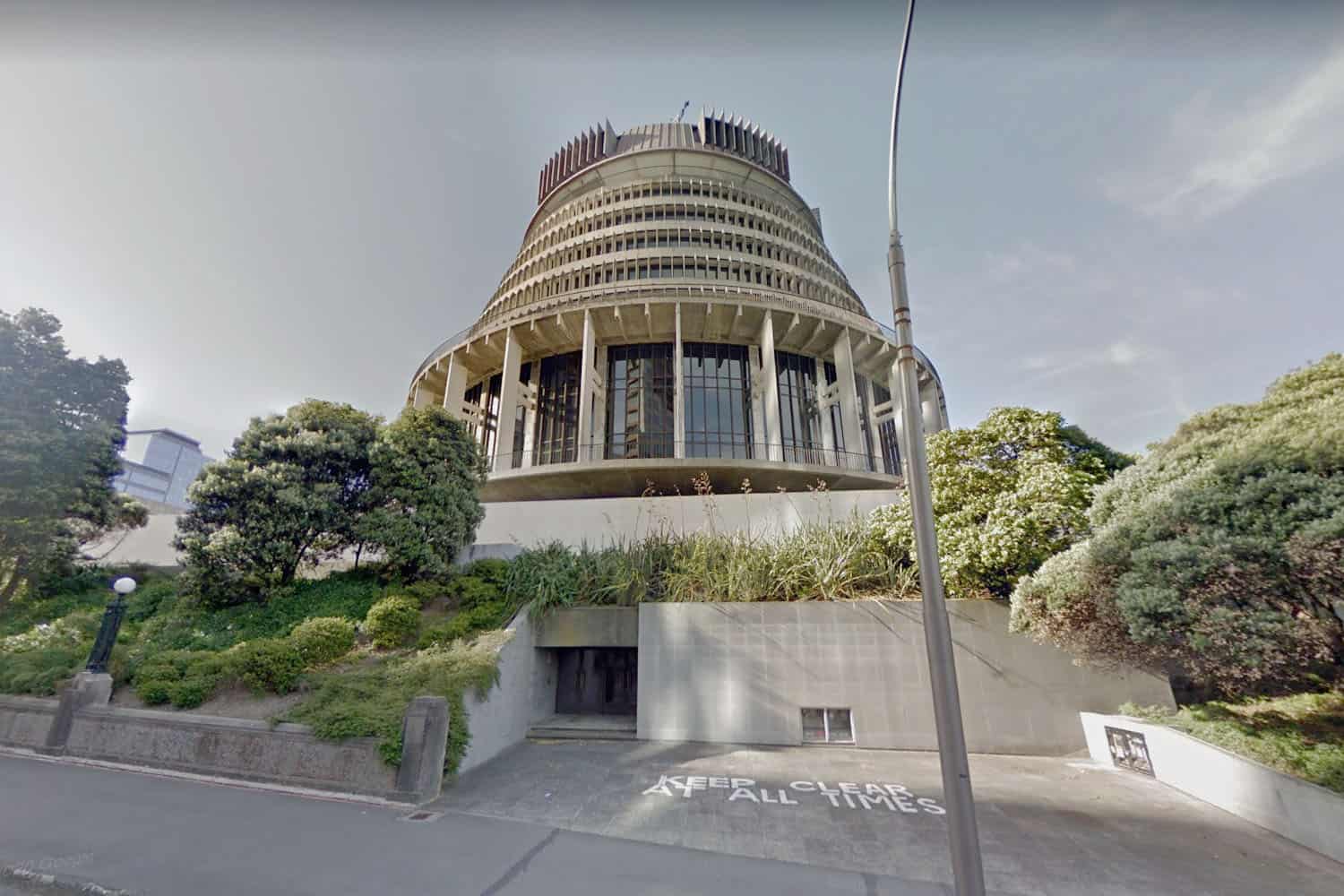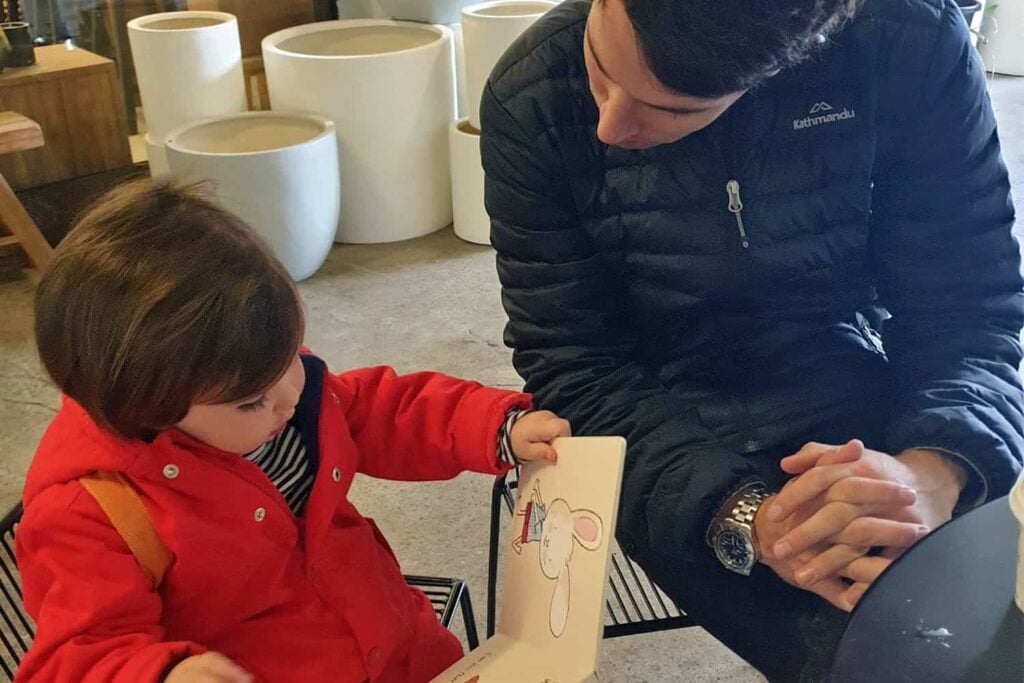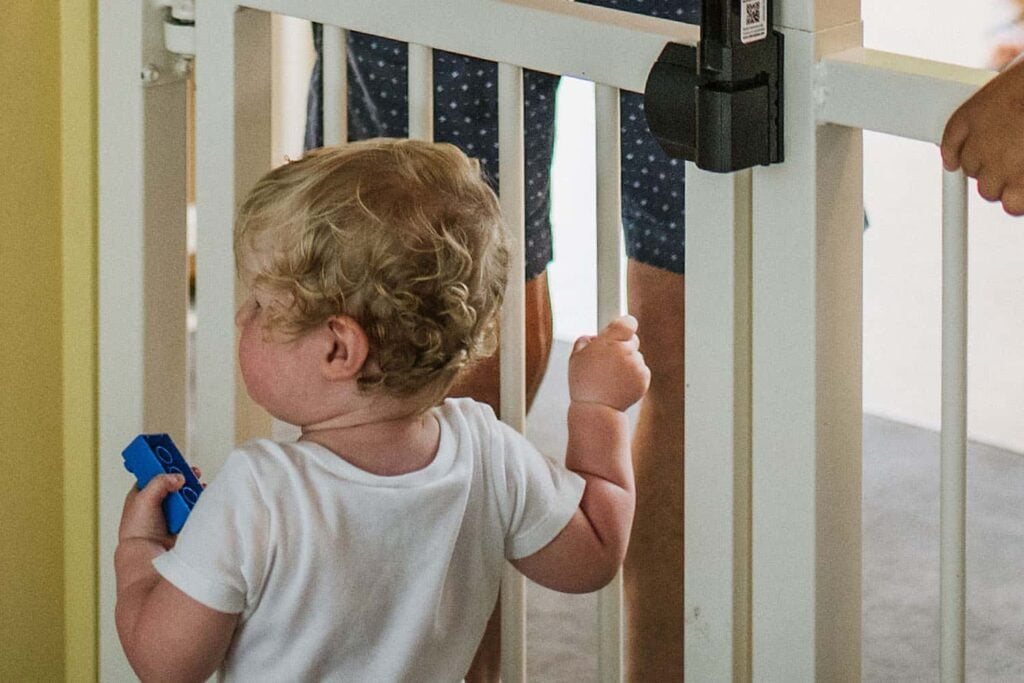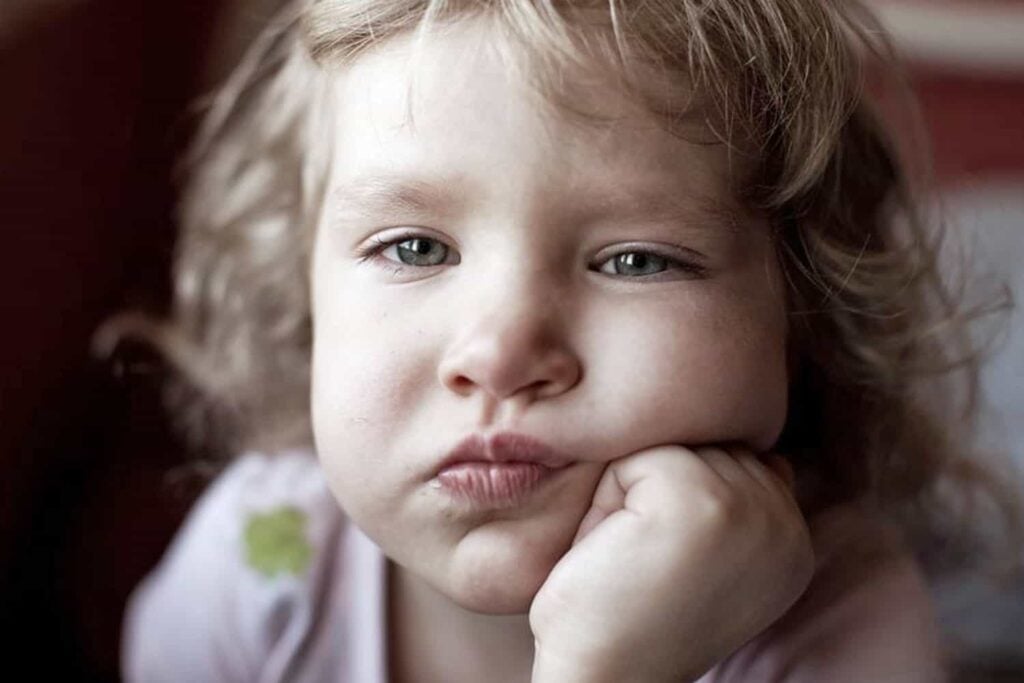Political promises for ECE 2020.
Labour
- Implement the 10-year Early Learning Action Plan.
- Scrap the decile system and implement the Equity Index for ECE services, and increase the proportion of funding that is allocated on this basis.
- Provide pay parity between teachers in education and care centres and their counterparts in schools and kindergartens.
- Support a qualified ECE workforce by reinstating the higher funding band for services that employ a fully qualified and certificated teaching workforce (the ‘100% funding band’) from 1 January 2021.
- Help home-based early childhood education to meet strengthened quality requirements.
- Introduce a managed network approach for ECE services, with a more robust establishment process while strengthening access for children in under-served communities.
Greens
- Support the target of 100% qualified staff in teacher-led Early Childhood Education centres, and provide the funding to support this.
- Set maximum overall child numbers that no centre can expand beyond.
- Improve child to teacher ratios in Early Childhood Education, with a priority for under 2’s.
- Create models to share best-practice and professional development between centres, including reinstating the Centres of Innovation program.
- Establish support for networks of not-for-profit Early Childhood Education Centres to increase cooperation between nearby centres.
- Encourage clustering of Early Childhood Education Centres with nearby Primary Schools to enhance the transition to school, including meetings between Early Childhood and New Entrants teachers.
- Support a diversity of models for immersion learning in te reo Maori and Pacific languages, and resource these appropriately.
- Ensure funding for 20 hours early Childhood Education accurately reflects the cost to parents and centres.
- Support quality parent-led Early Childhood Centre models such as Playcentre
National
- Provide parents with an additional $3000 in individualised funding to spend on services to meet their and their baby’s needs during the first 1000 days. This could include participation in parenting groups such as SPACE, Playcentre and Kōhanga Reo, or more ECE hours for older siblings.
- Establish a National Centre for Child Development, headquartered at one of the country’s universities, that will bring together the best of child health, neuroscience and education research. The Centre will ensure higher quality parenting resources and support are available in our communities.
- Introduce enhanced screening, including a revamped B4 School check at age three – to be delivered on-site by medical professionals at ECE centres – to identify developmental concerns and trigger early intervention services where needed. Early childhood educators will be given additional opportunities for input into these screening programmes.
- Establish a system of child passports, an enhanced version of the current Well Child Tamariki Ora book with electronic recordkeeping that will record needs identified through screening and track progress to key physical, emotional, developmental and education milestones. It will be used to ensure that, where required, early action is taken to address issues or additional needs.
- Introduce spot-checks of ECE services to ensure standards are being met. This will ensure parents can be confident when they drop their children off that they are receiving high quality care and education.
- Implement tighter deadlines for ECE services to make improvements when they are placed on provisional licenses.
- Inform all parents by letter and email if their ECE service has been placed on a provisional license.
- Cancel ECE licenses for any service that is placed on a provisional license for a third time.
- Strengthen training for new ECE teachers, and increase access to professional learning and development for existing teachers.
- Invest in professional development programmes that support the 3 development of self-regulation in children. Self-regulation will be included in the B4 school check as part of the expanded Tamariki Ora / Well Child programme.
- Work with teachers and ECE providers to reduce red tape and bureaucracy and free-up resources for frontline services.
- Reprioritise funds currently tagged for around 10 per cent of ECE centres hiring 100 per cent qualified staff, and use these to improve the adult-to-child ratio for under two year olds across all funded ECE services.
- Work with police to ensure prospective ECE teachers are vetted within 20 working days, to provide certainty for ECE centres around hiring and recruitment.
- Continue to lift minimum pay requirements for qualified ECE staff in Government licensed services.
- Abolish the annual registration fee that teachers are required to pay to the Teaching Council for certification to teach.
- Ensure the ECE funding system is fair, simple, and transparent, and supports quality and parental choice.
- Improve the funding model for Playcentres so they remain financially sustainable.
- Ensure home-based ECE services are funded fairly as a quality ECE choice for families.
- Work over time to reduce the funding gap between kindergartens and nonkindergarten ECE services.
- Improve parents’ access to information about the quality of ECE on offer in their area, and ensure parents are directly informed by letter and email if the Ministry of Education or Education Review Office (ERO) has serious concerns about the quality of their child’s ECE service.
- Explore ways to ensure disadvantaged children are enrolled in and consistently attend high quality ECE, including by partnering with community organisations to overcome participation barriers.
Maori Party – Political promises for ECE 2020
- Implement the Te Kōhanga Reo settlement claim (WAI 2336) including by significantly increase operational funding for kōhanga, recognising kaiako qualifications, and guaranteeing pay equity.
- Ensure that primary school teacher registration will be contingent upon meeting a basic competency level of te reo Māori and remunerate primary and secondary school teachers according to te reo Māori competency standards
Act – Political promises for ECE 2020
Provide every child with a Student Education Account. A child will receive $250,000 of taxpayer-funded education over their life, but parents have little choice in how it’s spent. ACT’s Student Education Account policy will deliver more funding up front for parents who invest in Early Childhood Education. Parents who do not wish to invest the full amount, such as stay at home parents, will be able to hold over some of their early year funding for later years. Early Childhood Education will continue to function as it presently does, with funding disbursed through Student Education Accounts. The funding available for Early Childhood Education will be equivalent to that currently available through the 20 hours free program.








